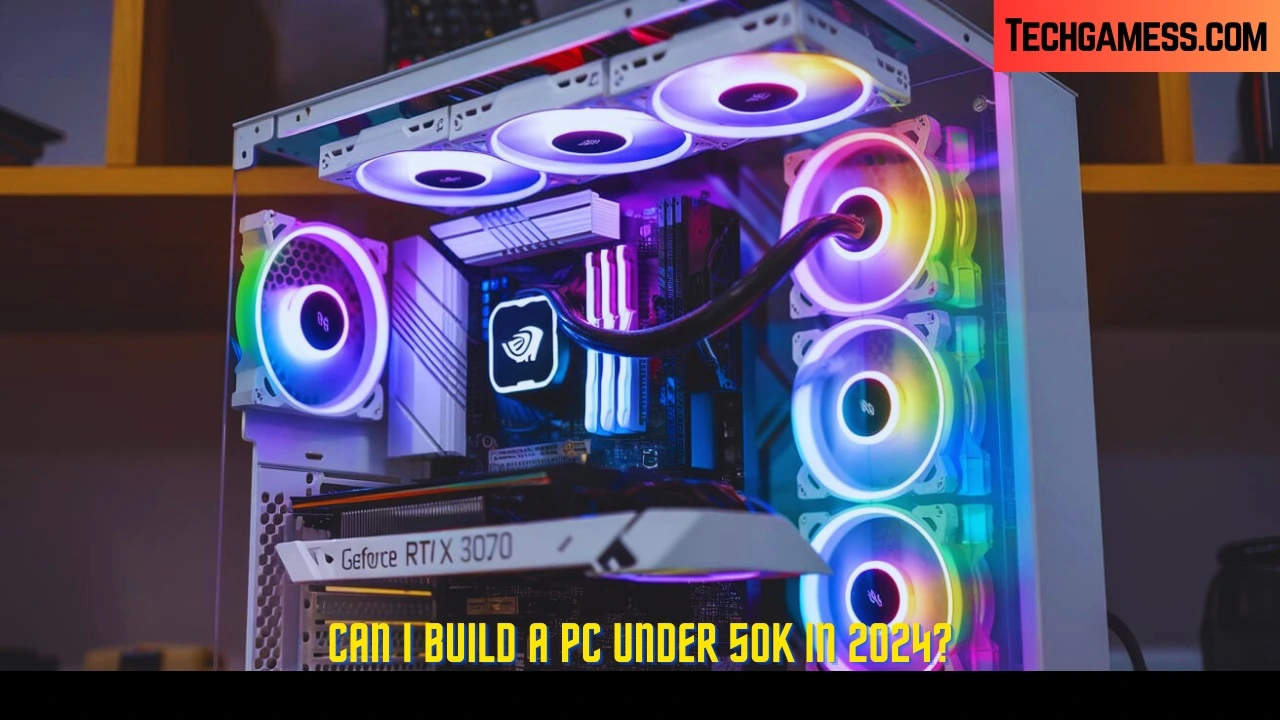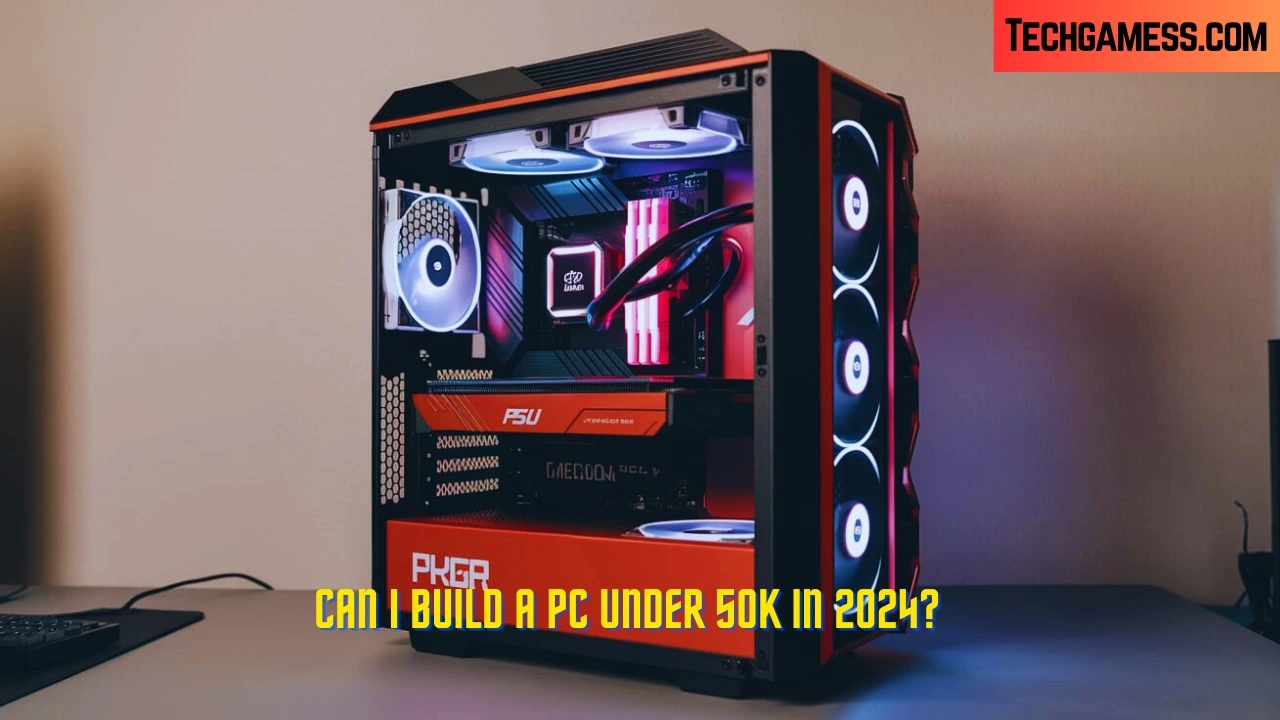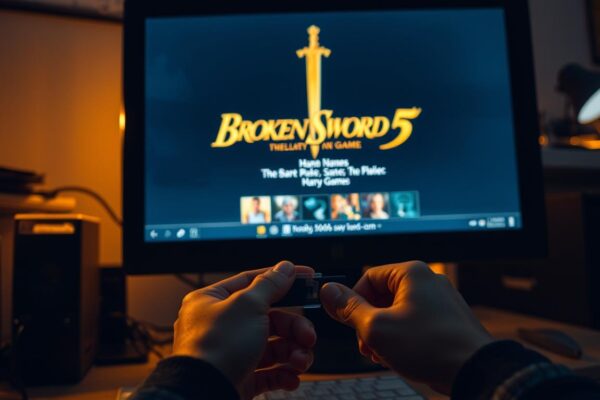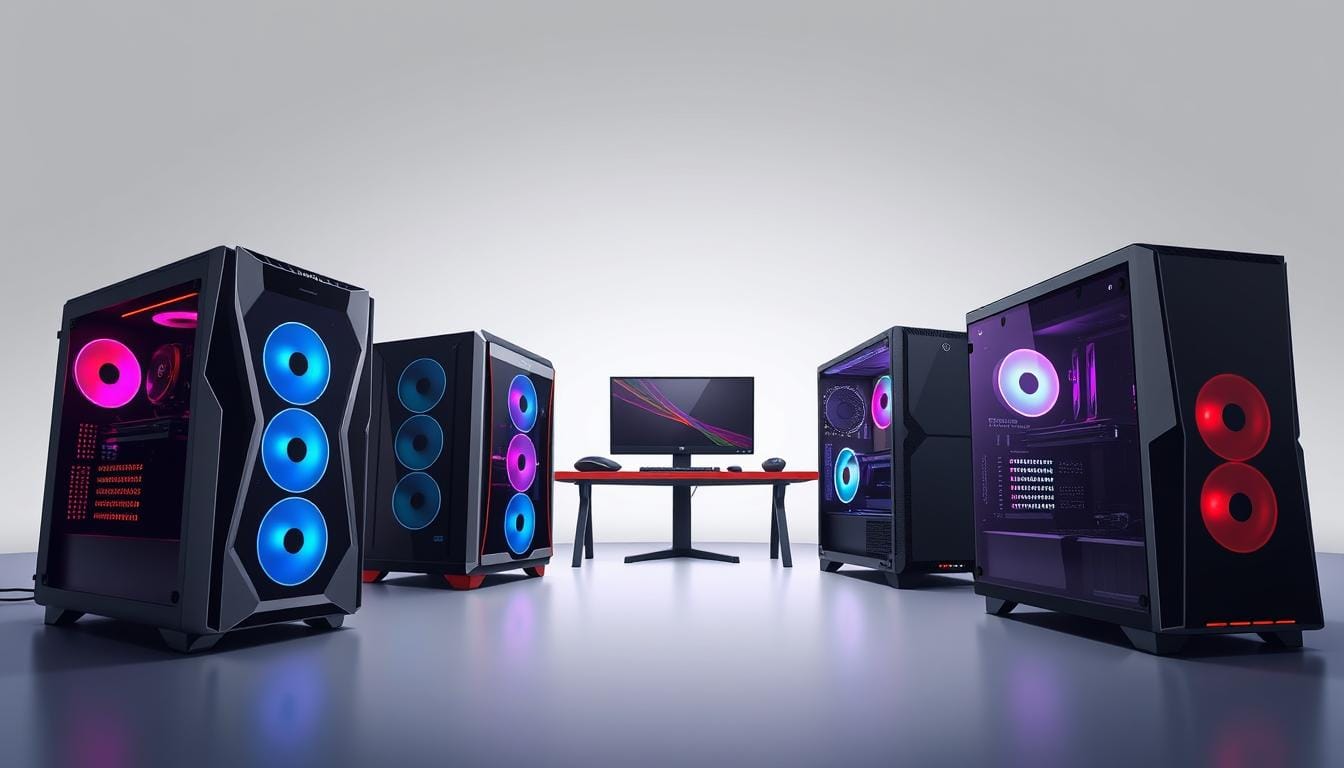

Can I Build a PC Under 50k in 2024?
Can I Build a PC Under 50k in 2024?
Introduction
Personal Computer construction also known as Computer assembling is a thrilling process through which a computer is built according to your desired requirements. So, you ask, much like a person with a restricted funding scheme, “Can I build a PC under 50k?” The short answer is – yes, you can indeed! In this article, I will guide you through how you can build a capable desktop solution without spending a small fortune. In this article, you’ll learn how to build a PC under 50k while still achieving the highest value for your buck.

Why Build Your Own PC?
Now that we’ve arrived at the goal of putting together a PC for under PKR 50,000 let us take a brief detour for the benefits of building your own PC. Here are some compelling reasons:
Customization: The beauty of building your computer is that you can manage all the elements down to the smallest detail to suit your needs.
Cost-Effectiveness: It is obvious that assembling your computer is less expensive than purchasing a computer with the same parts and components.
Upgradability: Changing one component at a time is far more reasonable because the entire system can be unwarranted.
Learning Experience: Constructing a PC from the ground is one of the most enriching endeavors one can undertake in terms of gaining knowledge about the components of computer hardware.
Setting a Budget
The first milestone towards constructing a PC for under 50k is to budget for it. This means you divide your budget based on the type of components you shall comprise to meet your financial strengths. Here’s a rough breakdown of how you might allocate your budget:
1. Processor CPU: 25-30% of your budget
2. Graphics Card GPU: 20 25% of your budget
3. Motherboard: 10-15% of your budget
4. Memory (RAM): 10-15% of your budget
5. Storage: 10-15% of your budget
6. Power Supply Unit PSU: 5 10% of your budget
7. Case: 5-10% of your budget
8. Additional Components/Accessories cooling system, peripherals, etc. Whatever is left

Choosing the Right Components
Processor CPU
A CPU is the main chip that computes and controls every task in the PC and instructs every hardware component on how to proceed. For a budget under 50k, consider mid-range processors known for balancing performance and price, such as:
AMD Ryzen 3 or Ryzen 5 series
Intel Core i3 or i5 series
These processors are good for general-use applications, gaming, and routine office work without straining your pocket.
Graphics Card (GPU)
For those who want to do gaming or perform graphic intense activities, having a dedicated graphics card is compulsory. Some cost-effective options include:
NVIDIA GeForce GTX 1650
AMD Radeon RX 550
These graphics cards offer rather good performance for the majority of today’s games at medium to High presets.
Motherboard
Selecting the right motherboard makes it easier to work with all of your other parts. Coupled with the processor selected, check for motherboards that are compatible with the desired processor, those with the needed ports and slots, and affordable ones. When it comes to the components, there are ASUS, ASRock, and MSI which can be named as quite solid ones.

Memory RAM
For seamless juggling, you should try to get at least 8 gigs of RAM. In case you have the necessary funds, it would be better to get 16Gb RAM for better performance within applications that require more memory. Some of the cheap RAM brands are Corsair, Kingston, and G.Skill.
Storage
When selecting or configuring your storage, opt for this SSD and HDD hybrid. SSD 120GB-256GB for Windows installation and applications that start with the computer is faster than a conventional HDD, but a 1TB HDD for your documents and videos.
Power Supply Unit (PSU)
A good quality PSU maintains the flow of power to your components constant. To get the most efficiency out of the unit, look for a unit that is 80-plus certified. Corsair, EVGA, and Cooler Master realize affordable solutions at the moment.
Case
The case shelters and accommodates all your components. Check if it has airflow, cable management, and expansion on other parts in the future. There are a number of case manufacturers including NZXT, Cooler Master, and Corsair to mention but a few with cases of different styles and sizes available.
Additional Components
Consider these additional components based on your needs and remaining budget:
Cooling System: Stock coolers usually get away with it, but acquiring an aftermarket cooler can enhance the temperatures and the noise produced.
Peripherals: If any monitor, keyboard, mouse, and speakers/headphones are not available they must also be considered in the total cost.
Building the PC

Here’s a step-by-step guide to assembling your PC:
1. Prepare Your Workspace: Hygienic environment free from any electric instability and sources of high humidity, sufficient illumination, and oversized.
2. Install the CPU: Slide the CPU gently into the motherboard in a way that the notches fit into positions on the motherboards.
3. Install RAM: To do this connect RAM sticks to the correct sockets on the main circuit board.
4. Install the Motherboard: It’s necessary to fasten the motherboard in the case with screws.
5. Install the Power Supply: Mount the PSU to its spot and run power cables to the board and other peripherals.
6. Install Storage Devices (SSD/HDD): Storage devices should be screwed to the case or should have tool-less brackets to secure them in place.
7. Install the GPU (if applicable): Screw in the PCIe slot cap together with the GPU in place at the PCIe slot of the motherboard.
8. Connect Cables: Screw all data and power cables to the various parts.
9. Check Connections: Hold yourself back and check every connection you make to make sure they are secure.
10. Boot Up: Plug the PC and check in BIOS whether the components are recognized or not. First, download the operating system and drivers from the companies’ official websites.
Conclusion
It is very much possible for someone to build a Pc under 50k if serious and a logical approach is taken. If you pay attention to picking less expensively and if you consider your priorities right you can build a great machine for your needs. Bear in mind that it is all about the cost and effectiveness of each component you are going to incorporate for the implementation; the aim is to keep the cost low and still meet the requirements on hand.
Looking for the best custom build for your fancied PC? Having this guide handy, there is no reason why you cannot make an informed decision and take that first step towards the construction of a whole new computer. Happy building!
FAQs
- Should I build a PC myself or buy a ready-made one?
Indeed, it is usually possible to construct a PC for less money than it demands for a similar model sold by stores. Probably, selecting every single component, one might exclude such a feature that does not meet the requirements, which in turn might be not only valuable but also costly.
- How many hours does it take to build a PC?
As a rule, building a PC may take from a few minutes to several hours depending on the amount of your experience and the level of a completed build. For a newcomer, ordinary preparation can take from 2 to 6 hours, including time spent on research and sustaining. While for amateurs, it might take up to four or six hours at most, for more experienced builders it can take just an hour or two.
- Is there a specific equipment to assemble a PC?
At the very least you will need a screwdriver and it would be preferable if you have a Phillips #2 to fasten most of the part. Static electricity is another threat to your components so wearing an anti-static wrist strap is advised. Other accessories may be cable ties and thermal paste but many coolers come with this paste already applied on them.
- Can I modify or upgrade the components after purchasing a particular product?
Indeed, the flexibility of constructing your own PC is that you can upgrade any single component that requires an update at any time. Make sure the motherboard and the case for which you are picking will allow expansion for future upgrades like an increase in the amount of RAM or a new better GPU.
- Is technical support needed after constructing my PC?
The way the PC system is structured, you typically do not require help from technical support services unless you have accounts with specific parts of the PC hardware or software. Many online communities, forums, and resources are available to seek help in case of any issue as there are often numerous users present online.











